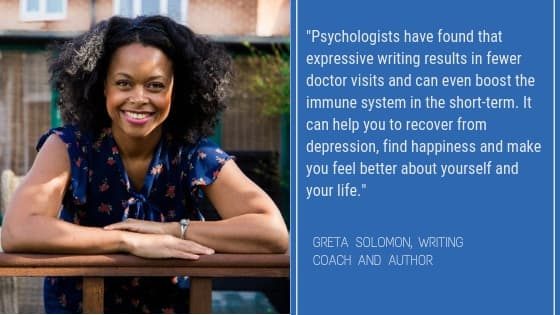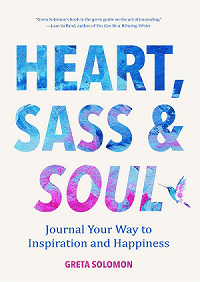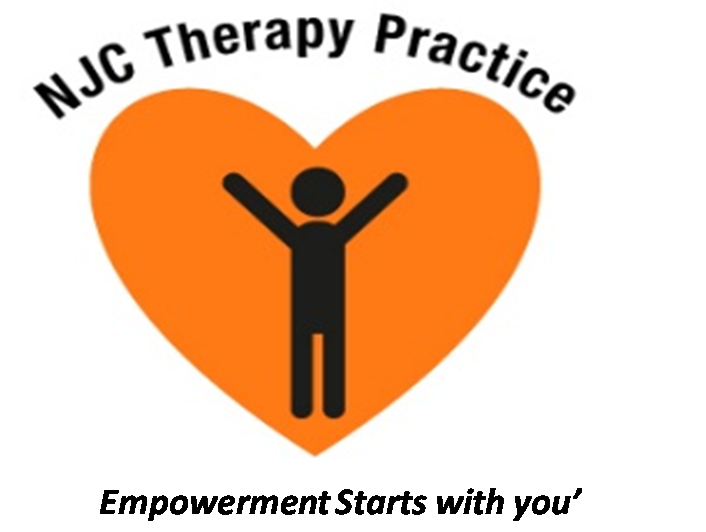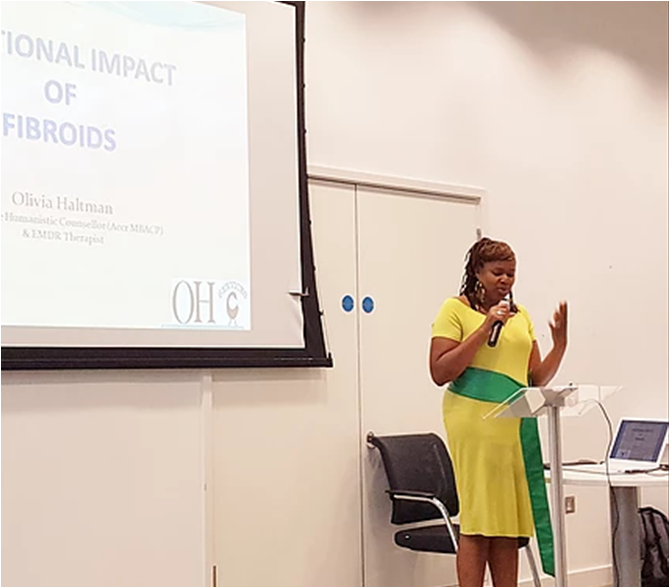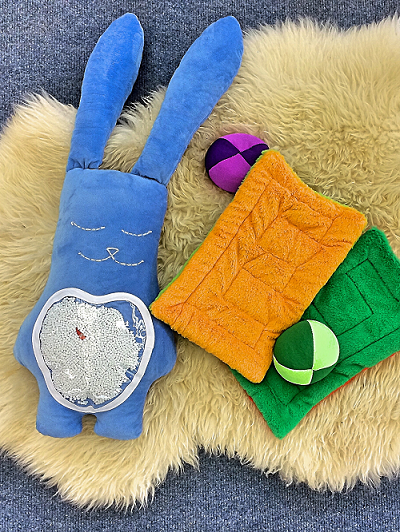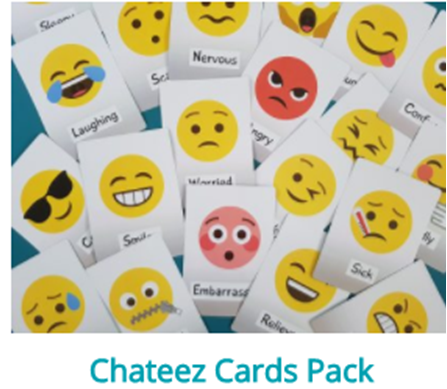We Need A Break From All the Negative News
The current environment that we live in is extremely negative. We are exposed to 24-hour news coverage of one disaster or catastrophe after the other – the COVID-19 pandemic, police brutality, racism, the explosion in Lebanon, the constant negative discourse in politics, Brexit and more. This constant exposure to negative news is affecting the public’s mental health.
The impact this negative news has on our wellbeing is separate to the effect each of the individual issues may have on those personally affected by these incidents – the news is exacerbating the effect of world events so, rather than informing and empowering us, the news is creating more anxiety.
A study conducted a few years ago on the psychological impact of the content of news programmes found that those exposed to negative news were more anxious and experienced a higher level of sadness2. They were also more likely to catastrophize their personal worries, this means that even though viewers were not directly affected by the content in the news, the negative sentiment that the news conveyed negatively impacted other concerns they had.
The pandemic era is unique in that we are all personally impacted which is rarely the case when a disaster strikes. For many, disasters affect “other people” and we watch from afar in safety. Today, we are the “other people” and this has created a global mental health pandemic. A study conducted in the US which included 200 people from across the country found that levels of depression, anxiety and stress were significantly higher than in pre-COVID-19 times1. The research found that:
- 50% of participants experienced moderate to severe symptoms of depression in the past month
- 32% of participants experienced moderate to severe anxiety symptoms
The psychological impact of both the exposure to negative news and the current COVID-19 pandemic is ongoing and is likely to persist if we don’t take personal action. We can take steps to reduce our exposure to the amount of news that we can consume. The news right now is disproportionately negative and probably always has been, but now more than ever before, we need to seek out positive news and find some inspiration – we need a break from all this negative news!
We recently discovered a new radio show on WINN FM here in St Kitts called The Good News Show, and this was such a refreshing break from all the negativity. Host, Enoete Inanga, takes his listeners on a journey of positivity, highlighting good news, stories, people and ideas. He features positive global and local news stories and interviews inspiring guests who take us through their journey to success. We have really enjoyed listening to this new show and if you’re looking for some positivity you can check it out on Thursdays from 7pm to 8pm AST. Alternatively, you can watch recordings of the show on YouTube, the latest show can be viewed here:
Enoete Inanga seems to be all about positivity and he recently launched Bestimony – a positive place to give affirmations and show appreciation to others.
So, in our quest to find positivity, we stumbled upon The Good News Show and Bestimony. Have you been on a quest to inject some positivity into your day? Let us know what you have found by leaving a comment below and let’s go on a positivity journey together.
References
- Johannesen K. (2020) Stress of the Pandemic Has Negative Impact on Mental Health and Relationships, Study Shows [Online]. Available at https://news.iu.edu/stories/2020/06/iub/inside/29-stress-of-pandemic-mental-health-relationships.html (Accessed: 10th August 2020)
- Johnston WM, Davey GC. The psychological impact of negative TV news bulletins: the catastrophizing of personal worries.Br J Psychol. 1997;88 ( Pt 1):85-91. doi:10.1111/j.2044-8295.1997.tb02622.x








